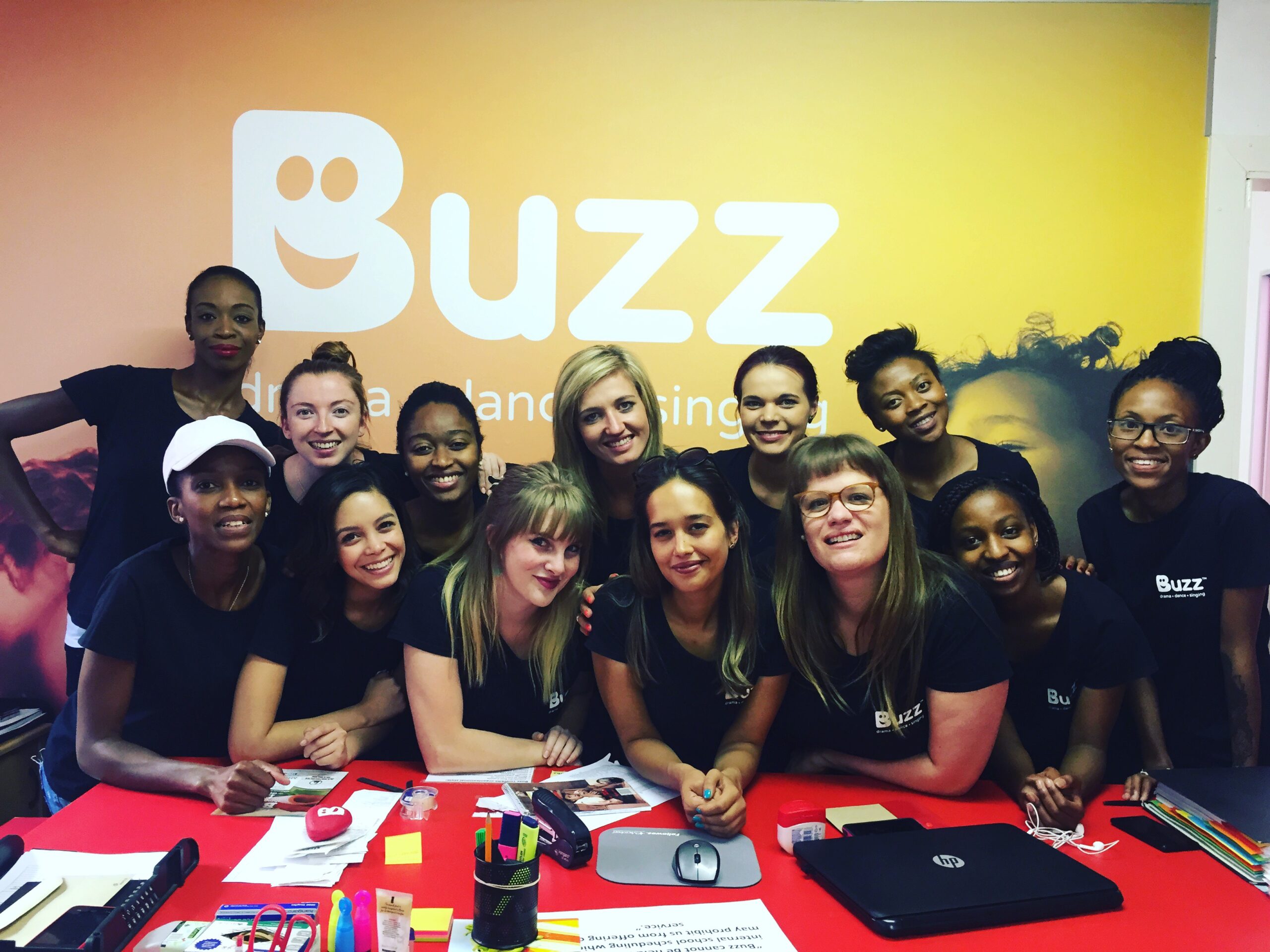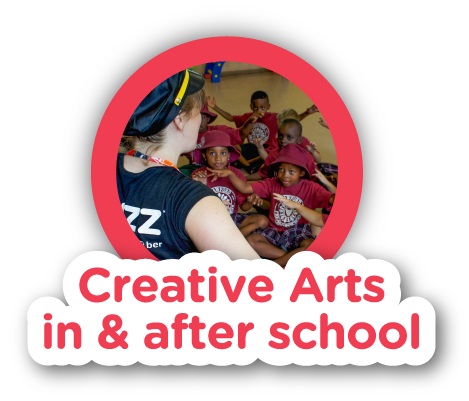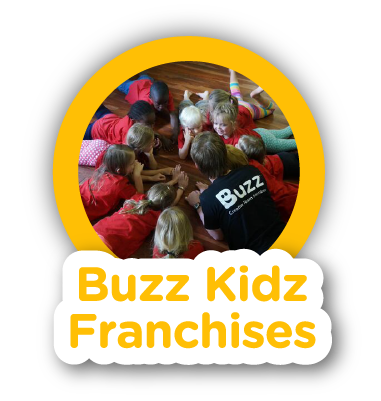I run a creative arts organization for children. Many people make the, understandable, mistake that we are a “stage school” or a “performing arts academy,” and although these traditional institutions are valuable in as far as catering for a niche market of children, who are interested in the performing arts, I am much more interested in the crucial and non-negotiable role that the expressive arts play in developing the whole child. Every child. Not one excluded.
Sorry to be stereotypical, but I have met many, many a father, who would tell me out right that their son is not “interested in dancing,” or “more into sports.” I have spoken to many a parent who tell you that they would not enroll their child in a creative arts activity because they are “too shy” and do not like to perform. This just proves how far we still have to go to challenge stigmas around the arts and its function.
What if we started to view creative arts for what it truly is: a tool for life. A vital tool. It is high time that we revere it as such. Respect for the role of the arts is hugely overdue and we disrespect it at our, and our children’s, peril.
What if we started to view creative arts for what it truly is: a tool for life!
Let’s take sports. Everyone has cottoned on, decades ago, that movement is beneficial for every individual. We make Physical Education compulsory for every child in school. Why? Because the health benefits of exercising has been proven again and again. It is accepted as common knowledge. And so it should be! No one debates about whether or not their child is “sporty.” A certain level of movement is encouraged in society. Schools, especially, are expected to comply as they hold the futures of young children in their hands.
I argue, strongly, that creative arts in schools, should be approached in the same way. Yep, some kids will opt to play rugby after school, because they really love it but everyone has to have a PE lesson. So should every child have exposure to drama, dance and movement and those who have a passion for it should give it more time in their extramural schedule.
Many, many, many children who come through our organization will never ever be pop stars, actors, singers and dancers in their adult life. But as a result of exposure to performing arts techniques including improvisational play, character acting, singing, dancing and movement they may (hypothetically) be a more confident accountant in later life. They may be able to work better in groups. They may have better communication skills in their eventual career as (perhaps) a lawyer. They may practise better eye contact and have a better posture. They may have better vocal projection. They may learn, through the skills and tactics of drama to offer their opinions, ask questions, contribute in class. Some may continue on to be the next Judi Dench and good on them. But every single child will be richer for their exposure to the creative arts.
I believe that the most important gift a child will receive from exposure to, especially drama, is the development of their imaginations. Without the imagination we would not have language, science, arts, medicine or any advance that the human species has ever made. Imagination is not just making up stories. (Although making up stories are wonderful!) Imagination, in its broadest sense, is the courage to think outside of “the box,” dream up, work out and figure out alternatives that allow us to venture past the refines of reason, cultural beliefs or dogma.
Imagination, in its broadest sense, is the courage to think outside of “the box,” dream up, work out and figure out alternatives that allow us to venture past the refines of reason, cultural beliefs or dogma.
Creative thinking is a habit. And it is the most important habit we can instill in our children. The world is changing rapidly and we have not a clue what skills children will need to survive two decades from now, when they face the world as adults. With the advancement of technology, there are industries and job titles today, which did not exist 10 years ago. Is it enough to equip our children with biology and mathematics as we know if today for an uncertain future? What we do know is that future adults (as we do now) will need to be able to adapt more than ever. They may need to be entrepreneurs and create their own work. They will need to be able to work with others. Fight for their position in a world population rapidly growing. Group work and communication skills will be ever more important along with confidence and imaginative, creative, out-the-box thinking.
So think about it. What are you (or your child’s school) doing to expose your child to activities that nurture and develop these vital (in my opinion, for survival) in children?













